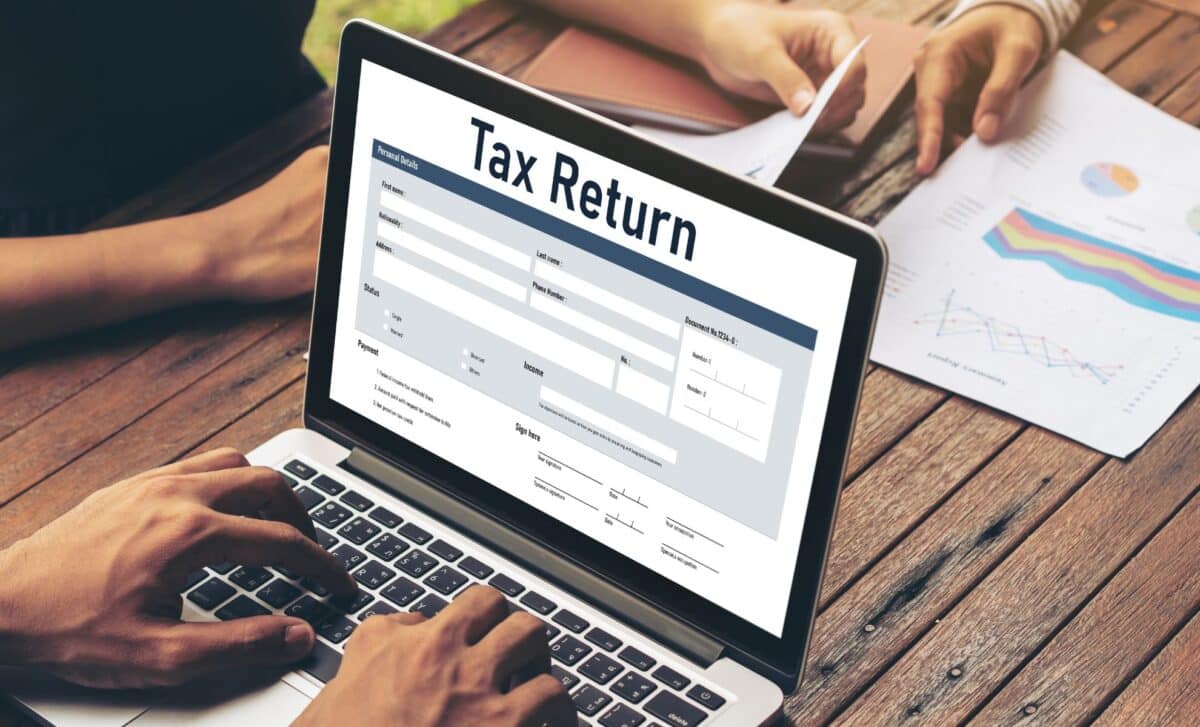The Australian Taxation Office (ATO) is considering a transformation of the tax return system, aiming to shift towards a data-integrated model where citizens may no longer need to file tax returns. This shift, reported by The Mandarin, reflects a broader agenda to use real-time data for public benefit while reinforcing the importance of data governance and human accountability in automated systems.
From Self-Assessment to Assisted Assessment
In a speech delivered at the Thomson Reuters SYNERGY Conference in Sydney, Jeremy Hirschhorn, Second Commissioner of the ATO’s Client Engagement Group, outlined a future where tax declarations could be effectively replaced by real-time confirmation. He stated that “more and more information like interest and dividend income, standardised investment trust data, salary, health insurance data, and information about contractors are all going directly into tax systems.” This data integration allows the ATO to generate a near-complete view of individual taxpayer profiles, especially for those with straightforward financial situations.
This approach supports a shift from self-assessment, where individuals actively lodge their returns, to “assisted assessment”, where the ATO pre-fills information and taxpayers are simply asked to confirm its accuracy. Hirschhorn explained that “this trend will continue, and we’ll see the classic concept of ‘self-assessment’ (at least for those with simpler affairs) being gradually replaced with ‘assisted assessment’ where taxpayers are provided with a comprehensive picture of their own data, which they then largely simply confirm.” This evolution in administrative practice aims to minimise taxpayer burden, reduce errors, and increase compliance by default—especially in an environment where data precision continues to improve.
The Rise Of Third-Party Data As A Compliance Pillar
The new model relies heavily on third-party data streams, sourced primarily from corporate actors. Hirschhorn emphasised that “what has become increasingly critical in a modern tax system is reliance of the system on third-party data provided by large corporations (ideally the ones now showing high levels of compliance!), which fuels how taxpayers of all sizes interact with their tax obligations.” This data includes employer-reported payroll, bank transactions, and financial platforms that process payments or benefits.
Hirschhorn also noted that “third-party data gives administrators the ability to feed information into the system that makes complying easier, and importantly, not complying harder.” This architecture reframes the relationship between the tax authority and taxpayers, making data integrity—not individual declarations—the cornerstone of compliance.
Under traditional frameworks, tax compliance has been structured around four key actions: registration, lodgment, payment, and correct reporting. According to Hirschhorn, the ATO now considers third-party reporting—data submitted by third parties about others’ financial affairs—as a distinct fifth pillar. “Under traditional analysis, there are four pillars of tax compliance: registration, lodgment, payment, and correct reporting. Increasingly at the ATO, we are ‘splitting out’ third-party reporting (i.e. reporting on the tax affairs of others) as a ‘fifth pillar’ in its own right,” he said. This reframing underscores the centrality of data relationships in modern compliance regimes and anticipates further structural reforms in tax administration.
Lessons From Robodebt: Data Power Requires Ethical Boundaries
While the administrative potential of third-party data is vast, its misuse can lead to institutional failures—as illustrated by the Robodebt scandal. In a second speech at the UNSW 16th ATAX International Conference, Hirschhorn revisited the controversy, noting the ATO’s indirect involvement when its data was misused by the Department of Human Services. The scandal, which relied on flawed data-matching algorithms, caused serious financial and psychological harm to welfare recipients and ultimately prompted a royal commission.
Hirschhorn reflected that “in the context of information obtained under compulsory powers, taxpayers must provide us information even if that information would be self-incriminating.” He stressed that such powers, while legally justified in tax law, must be exercised with care. “These factors emphasise the sensitivity and care with which we must treat taxpayer data. On-sharing of this data, even with other parts of the government, must be strictly in accordance with the law,” he warned. His conclusion was unequivocal: the ATO must remain a data steward even after information has been legally shared.









